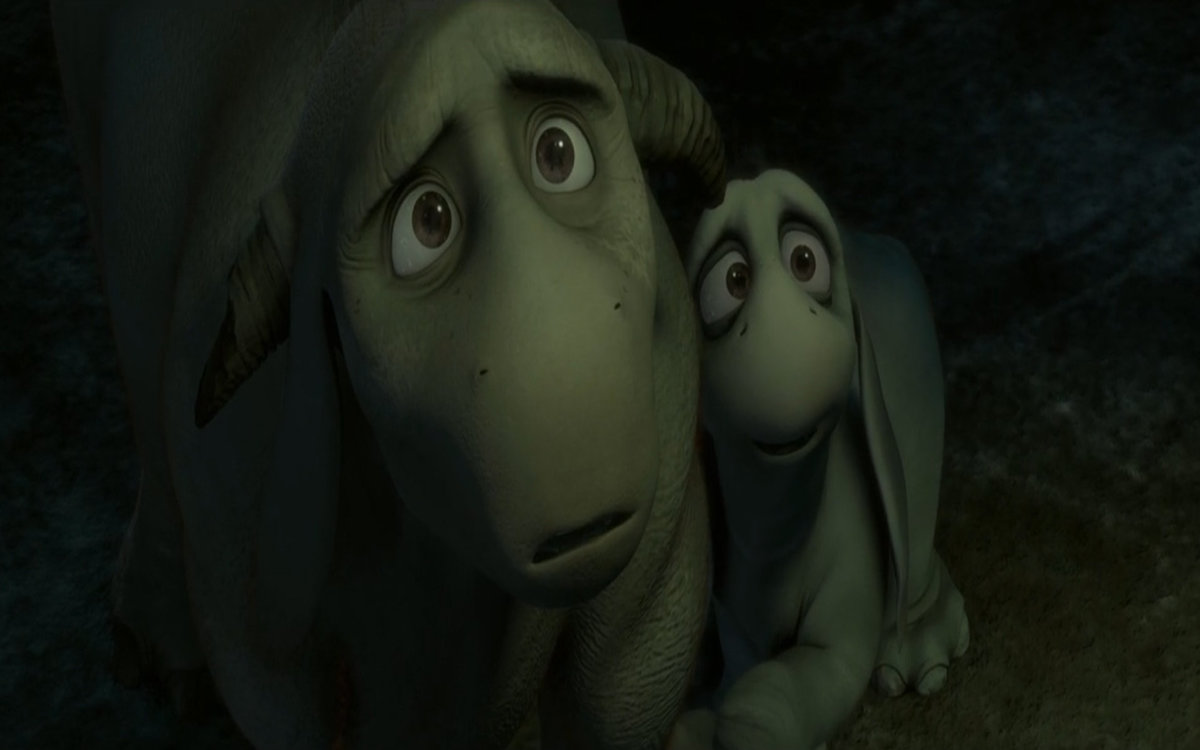- After New Zealand and China signed their Film Co-Production Agreement it took 5+ years for a co-production deal
- A 3D animated family feature, ‘Beast of Burden’ comes from Huhu Studios of Auckland and China Film Animation
- The film will be eligible for a 40% tax rebate from New Zealand under the terms of the treaty
More than five years after the governments of China and New Zealand signed a Film Co-Production Agreement the two nations’ film industries finally have greenlit their first official co-production, a 3D animated family feature film called Beast of Burden.
Co-produced by Huhu Studios headquartered outside Auckland and the state-run China Film Animation studio in Beijing, Beast got the go-ahead this month as the first China-New Zealand co-production in a deal that Dave Gibson, CEO of the New Zealand Film Commission, told CFI was long overdue.
For a small country of just 4.5 million people, New Zealand was among the first nations to negotiate both a co-production treaty with China at a time, right after the 2008 Beijing Olympics, when it became clear that the consumer demand for more and better entertainment was only going to continue to soar.
The China-New Zealand treaty was signed in 2010, but then industry leaders in New Zealand had a hard time taking advantage of its terms, Gibson said in an interview. By the time he took over at the Commission in 2013, “Nothing had happened and that was a source of personal embarrassment,” Gibson said.
Gibson said the arrival at the Beast deal was the result of a burst of activity following Commission-sponsored visits by around 25 New Zealand producers to Shanghai, Beijing, and Guangzhou, shortly after he took over from former Commission CEO Graeme Mason, who went on to head up Screen Australia.
“From there on we worked hard to make sure that we were in China several times a year,” Gibson said.
A big helping of credit for getting Beast over the line belongs to the work of Trevor Yaxley, Huhu CEO, who Gibson said had been in and out of China over 50 times and whose company has opened offices in Beijing and Guangzhou.
“Trevor and his partner spent a lot of time going backwards and forwards and they’ve just spent the time. He’s a really good example of what happens when you put in the yards,” Gibson said.
Crucial support for Yaxley’s initial trips to China came from the Commission’s special fund for co-productions with China—the only country for which such a fund has been established.
As the first official co-production, Beast will be eligible for a 40 percent New Zealand tax rebate. Other unofficial China-New Zealand co-productions include The Wonder, a project whose deal is structured in such a way, Gibson said, that it qualifies both as a Chinese film and as a New Zealand film.
With China’s box office gross up nearly 50 percent in 2015, Gibson said New Zealand filmmakers do not believe that a slowdown in the world’s second-largest economy will have much of an affect on its booming market for movies.
“It might be happening with the broader economy, but that demand for cinema tickets and the demand for films seems to me to be growing rather than dropping,” Gibson said.
Gibson is confident that New Zealand’s advanced post-production talents, its generous government incentives, its attractive variety of shooting locations, and the mere five-hour time spread on the clock to Beijing (as opposed to the 15-hour lag Beijing-to-Los Angeles), will continue to draw Chinese filmmakers into working with tghe talents of the island nation.
And the opportunities for collaboration with China are set to increase with New Zealand’s changing demographics.
“Society has changed a lot in New Zealand. There’s a growing proportion of Chinese and Asian people living in Auckland now,” Gibson said. “The country right now is becoming much more aware that it’s becoming a part of Asia. So we finally got there, but we were a bit slow.“






